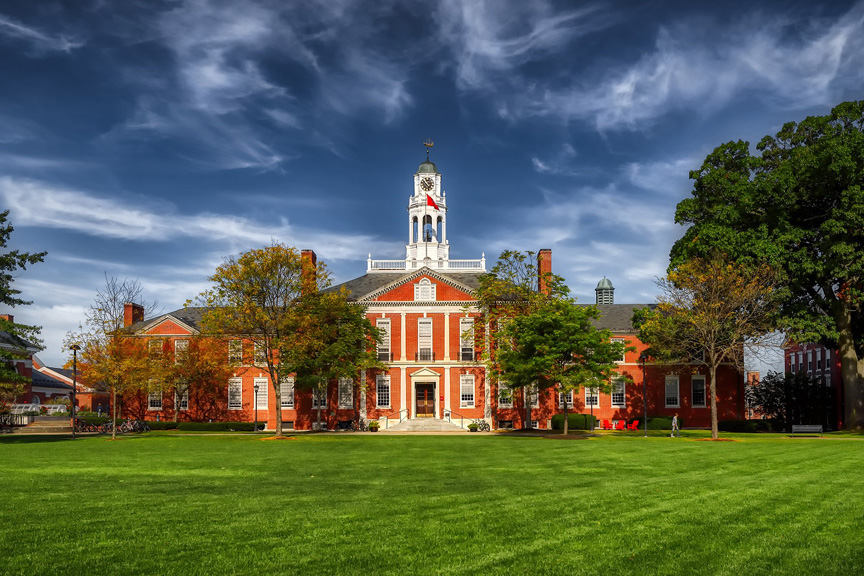The general media consensus might make it seem like you will pay more for private colleges and universities, but that isn’t always the truth
It has become a common belief that you will always end up paying more money if you attend a private college or university than if you attend a public one. However, this is one of the biggest misconceptions in regard to paying for college. But it’s not your fault! The “sticker price” of colleges make it seem like that is the final cost of college, but that is not the case, especially when it comes to the public vs. private debate. There are several other factor at play that determine what you actually pay for college at the end of the day, and reading this article will help you let go of misconceptions about private schools and hopefully add a few to your college list.
On average, tuition and fees at private colleges and universities tend to be significantly higher than at public institutions. According to the College Board, the average tuition and fees for the 2021-2022 academic year at public four-year institutions was $10,560 for in-state students and $27,020 for out-of-state students. In comparison, the average tuition and fees at private four-year institutions was $37,650.
This means that attending a private college can cost more than three times as much as attending a public institution when looking at these averages. However, it’s important to note that many private institutions offer generous financial aid packages that can bring the actual cost of attendance down for students who qualify.
Financial aid is available to help students pay for college, regardless of whether they attend a public or private institution. However, the availability and types of financial aid can vary depending on the institution. Public colleges and universities generally offer more need-based financial aid, such as grants and scholarships, to students from lower-income families. Private institutions, on the other hand, often offer more merit-based aid, which is based on a student’s academic achievements and other factors.
One advantage of attending a private college is that these institutions often have larger endowments and more resources to devote to financial aid. This means that even though the tuition rates may be higher, students who are accepted to private colleges may be able to receive more financial aid to help offset the cost. Additionally, private colleges may offer more personalized financial aid packages that take into account a student’s individual financial situation.
Ultimately, the decision to attend a public or private college will depend on a number of factors, including cost, location, academic programs, and available financial aid. Students should carefully research their options and consider all of these factors before making a decision. If you’re ever on the hunt for some professional help, look no further.
Visit our website for more information like this, and reach out to our financial aid and college affordability experts at 610-422-3530 to start your college planning journey today.

